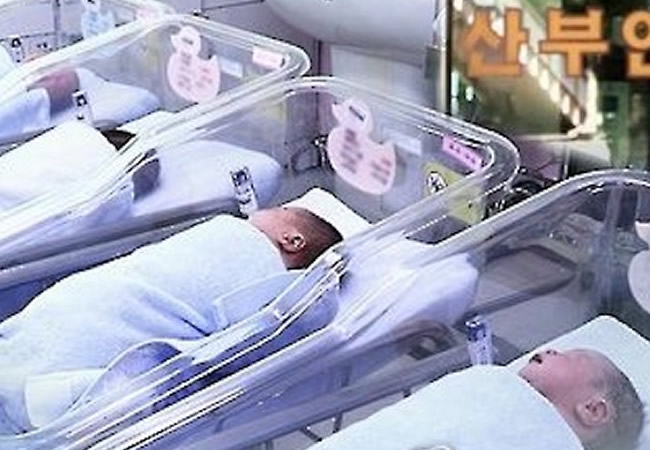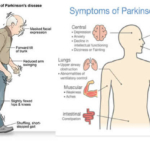
A total of 18,982 babies were born in November, plunging 4.3 per cent from the previous year, according to the data from Statistics Korea.
This, the data said, marked the lowest number for any November since the statistics agency started compiling related data in 1981.
South Korea remains dogged by a chronic decline in childbirths as many young people delay or give up on having babies in the face of an economic slowdown and high home prices.
However, between the periods of January and November, a total number of 231,863 babies were born, down with 4.7 per cent from a year earlier.
Its total fertility rate, the average number of children a woman bears in her lifetime came to just 0.79 in the third quarter, the data showed.
In 2021, it stood at 0.81, marking the fourth straight year to hover below one. It was much lower than the replacement level of 2.1 that would keep South Korea’s population stable at 51.5 million.
South Korea, which first reported more deaths than births in 2020, is also widely expected to maintain the trend for the third consecutive year in 2022.
Over the January-November period, South Korea had 107,004 more deaths.
The number of deaths came to 30,107 in November, up to 6.1 per cent from a year earlier.
Meanwhile, the data showed that the number of marriages rose to 2.2 per cent on-year to 17,458 in November as more people tied the knot following the ease of COVID-19 regulations.
Divorces fell by 3.1 per cent on-year to 8,498 in the month.
Ageny report














